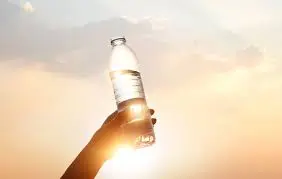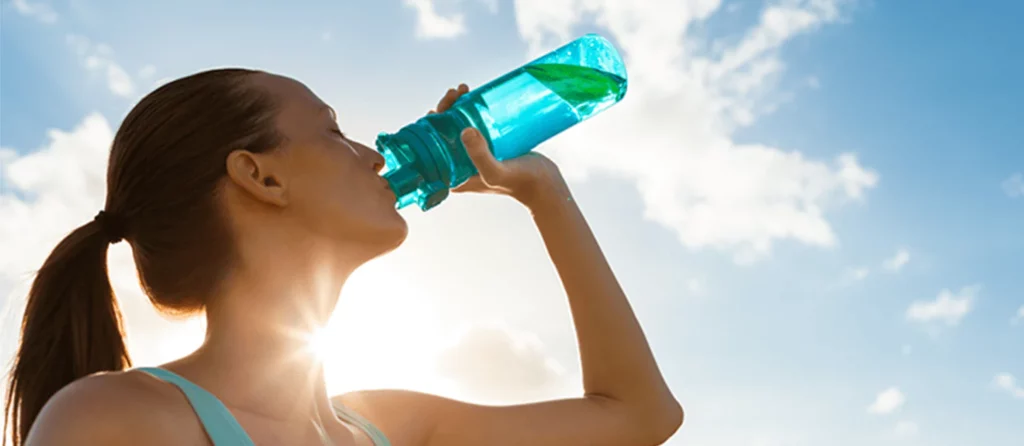


Hydration is a critical aspect of maintaining good health and overall well-being. Whether you’re an athlete, an office worker, or a student, staying properly hydrated is essential for optimal performance and staying alert throughout the day. In this comprehensive guide, we will explore the importance of hydration, the signs of dehydration, and most importantly, how to hydrate fast using practical and effective strategies. By the end of this article, you’ll have a clear understanding of how to hydrate fast, no matter your lifestyle or daily routine.

Before delving into the strategies for fast hydration, it’s crucial to understand why staying hydrated is so important. Our bodies are primarily composed of water, and water plays a fundamental role in various bodily functions, including:
Water helps regulate your body temperature by dissipating heat through sweat. When you’re dehydrated, your body struggles to cool down, leading to discomfort and increased risk of heat-related illnesses.
Water carries essential nutrients and oxygen to cells, allowing them to function correctly. Without proper hydration, this transport system is compromised, affecting overall bodily functions.
Adequate hydration aids in the removal of waste and toxins from your body, primarily through urination. When you’re dehydrated, your kidneys may struggle to eliminate waste effectively.
Water acts as a natural lubricant for joints, helping to reduce friction and prevent joint pain.
Dehydration can impair cognitive function, leading to difficulties in concentration, memory, and decision-making.
Recognizing the signs of dehydration is crucial to address it promptly. Common symptoms of dehydration include:
Feeling thirsty is your body’s way of signaling that it needs more fluids. If you’re thirsty, it’s essential to drink water promptly.
Dark yellow or amber-colored urine is a clear sign of dehydration. Ideally, urine should be pale yellow.
A dry mouth, chapped lips, and dry skin are common signs of insufficient hydration.
Dehydration can lead to fatigue and a decrease in energy levels.
Dehydration can trigger headaches or worsen existing ones.
Dehydration can cause a drop in blood pressure, leading to dizziness and lightheadedness.
When you’re dehydrated, your heart may need to work harder to maintain blood pressure, leading to a rapid heartbeat.
Now that we understand the importance of hydration and the signs of dehydration let’s explore effective strategies on how to hydrate fast.
Staying well-hydrated is essential for your overall health and vitality. Whether you’re an athlete, a student, or someone with a busy daily routine, following the strategies outlined in this guide will help you maintain proper hydration levels. Remember to listen to your body, stay proactive about your water intake, and prioritize hydration as a fundamental aspect of your daily life. By doing so, you can enjoy the benefits of improved physical and mental performance, better concentration, and overall well-being. So, make a commitment to keep yourself well-hydrated, and you’ll reap the rewards of a healthier, more energetic life.